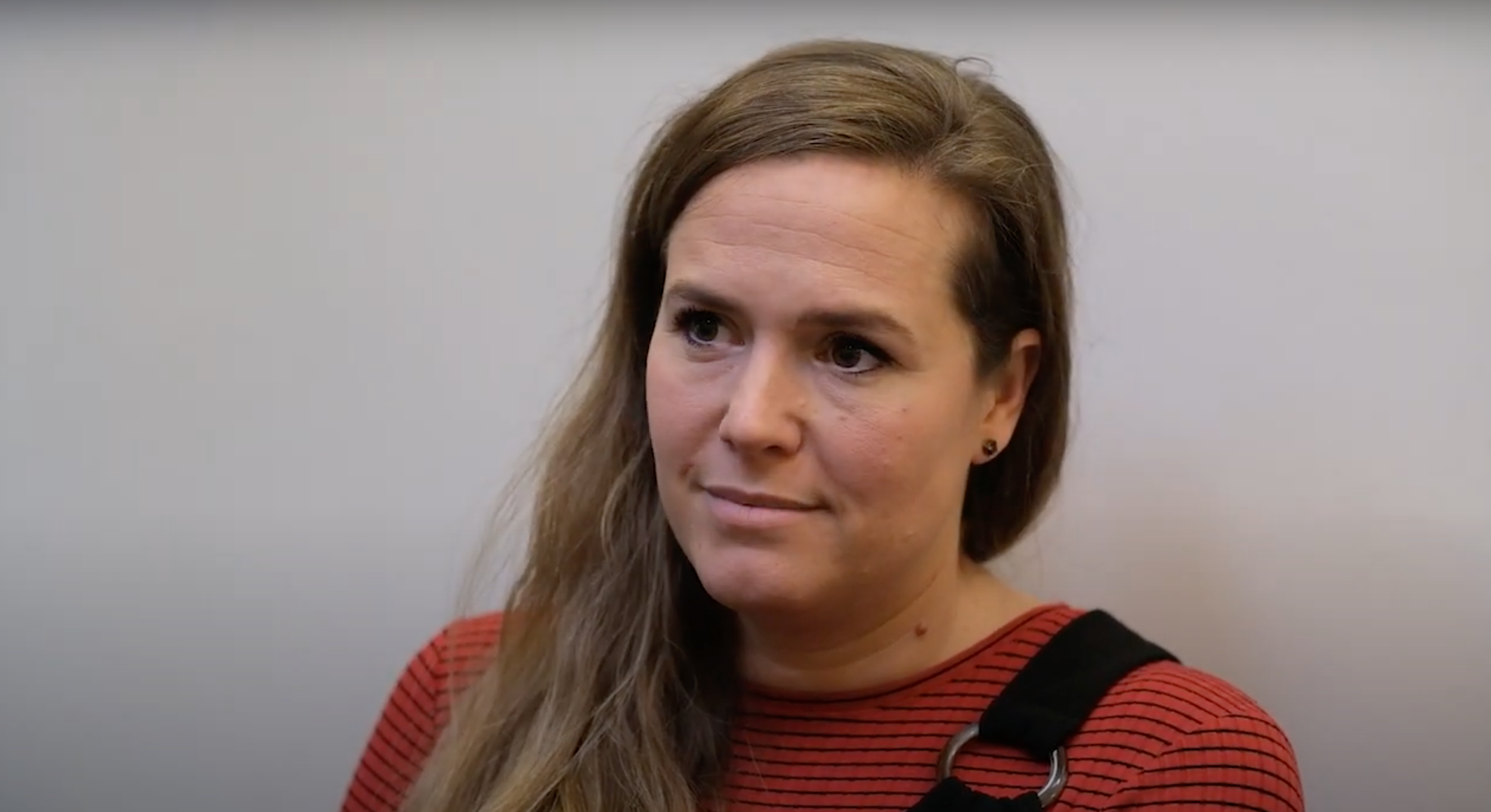Behaviour
Guardians often say that challenging behaviour is one of the hardest things to ask for help with. But if you're finding things tough, it's important that you do reach out and get support. Behaviour can have a serious impact on your relationships, but there are practical things you can do to turn things around.
Zoe talks about why we may react to behaviour in a certain way and how recognising this can help you and your child
-
Common behaviours
An overview of the types of behaviours we often support families with.
-
Understand and improve behaviour
Practical guidance to help start improving the situation for you and the child you care for.
-
Types of behavioural support
Find out what support you and the child you care for can get to improve behaviour and family life.
How we can help
-
Listen to you
We have helped many guardians who have been through similar experiences. We can listen and help explain what’s happening.
-
Practical advice
Our team can share practical advice and changes you can make that can improve challenging behaviour.
-
Understand behaviour
We can help you and the child you care for understand why certain behaviour happens and give you help relevant to your situation.
-
Chance to reflect
Having an experienced, non-judgemental person to speak to can help give you greater clarity and fresh perspectives.
-
Access to other support
We can suggest groups, courses and communities that may give you extra support to work on behaviour issues.
Three things to know
1. Things can improve more than you expect
The child you care for is not ‘bad’ or ‘broken’ and neither is your relationship. We know things can get better because we see it all the time with other guardians. Understanding why challenging behaviour happens helps you make positive and lasting changes.
2. Taking a different approach can be helpful
Every child under guardianship has experienced trauma. Their unique experience can affect how they feel and behave in ways that may not be obvious. We can help you understand what is happening and share new techniques that may make things better for both of you.
3. It is never too late to get in touch
Behaviour can be a hard thing to talk about, but speaking to a specialist who understands what you’re going through can really help. We never judge you and we always want to help do what's best for you and the child you care for.
“The situation had become unbearable and everything we tried seemed to make things worse. I’d become anxious about her behaviour almost non-stop. It was such a relief when we finally got help. For me, just hearing why it might be happening and knowing we weren’t the only people in this situation meant everything.”

